
Canadian Thanksgiving Sunday

Sunday 12 October 2025
Ankara, Türkiye

Above: Images of Ankara
There are mornings when the world feels unbearably heavy — when the weight of its sorrows presses upon the heart so insistently that even gratitude struggles to breathe.
This is one such morning.

Two images linger in my mind:
- A UNICEF spokeswoman mourning the loss of a Palestinian child.

- Finnish President Alexander Stubb lamenting that the United Nations — conceived as humanity’s conscience — too often stands paralyzed by the vetoes of its most powerful members.
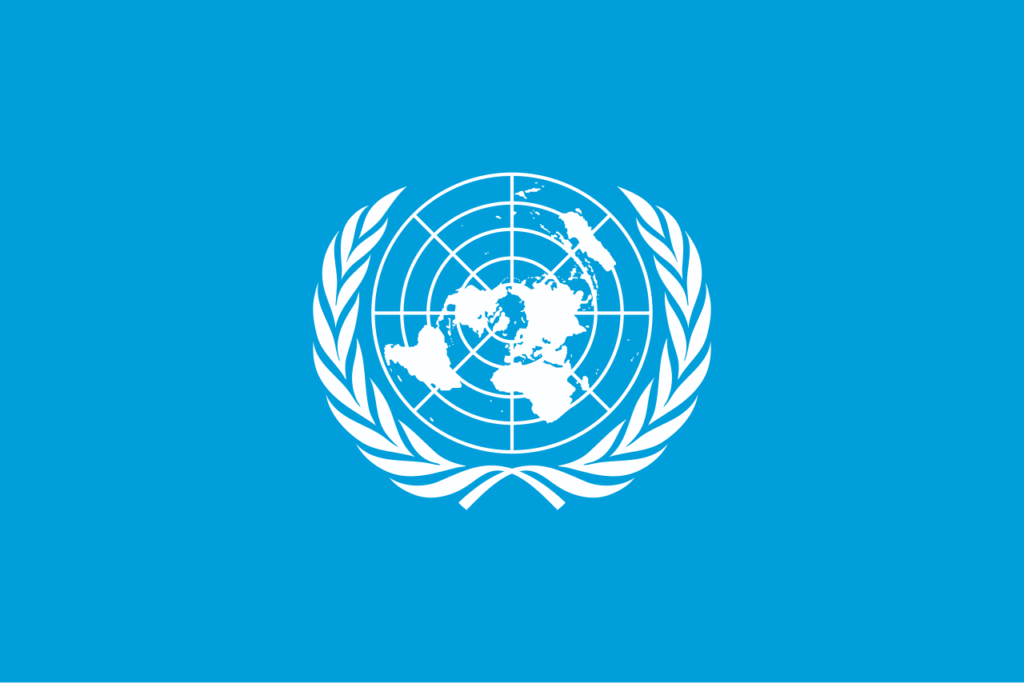
Above: Flag of the United Nations
“The composition of the UN still largely reflects the world of 1945.
As the world has changed drastically, so should the decision-making at the UN.
Last year in this very hall, I argued for a reformed Security Council.
A Council where currently underrepresented regions would have a stronger voice through permanent seats at the table.
No single state should have veto power.
And, if a member of the Security Council violates the UN Charter, its voting rights should be suspended.”
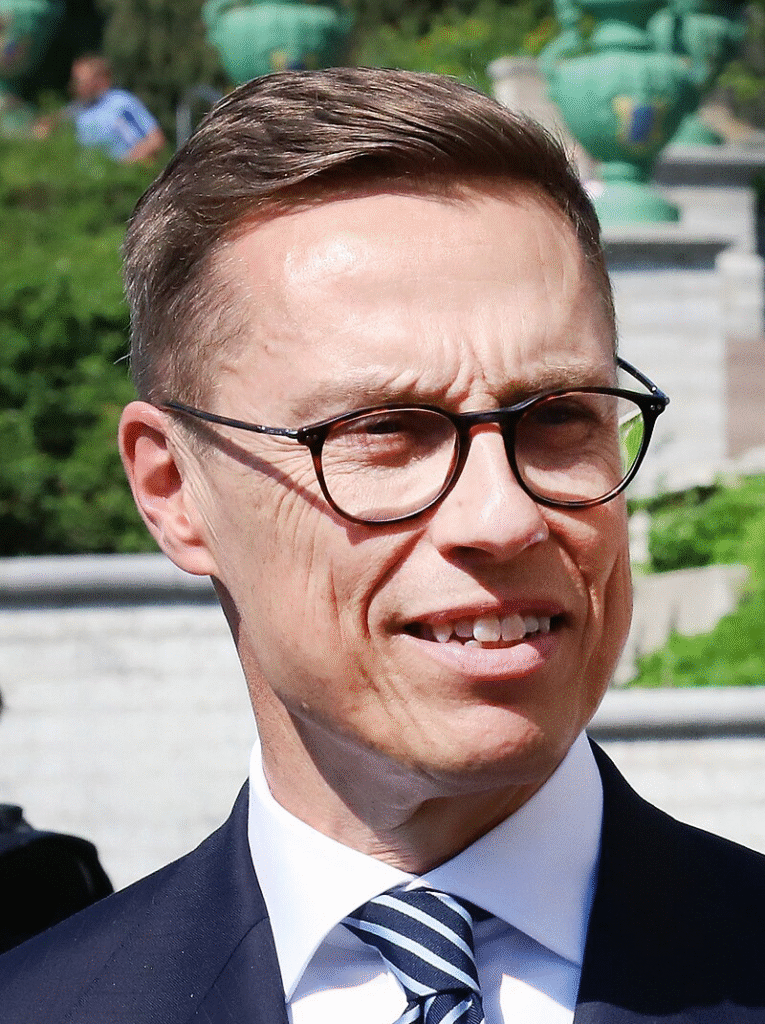
Above: Finnish President Alexander Stubb
I am reminded of Linda Polman’s We Did Nothing, her unflinching account of a world that looks away while pretending to look on.

If the 20th century was the age of world wars, the 21st seems to be the age of weary resignation.

Autocrats rise.
Freedoms fade.
Police charged with protection become agents of fear.
Revolutions promise liberation but merely replace one elite with another.
The brave who speak truth are silenced by prisons or propaganda.
And the masses — numbed by distraction — turn their gaze from the suffering of others.
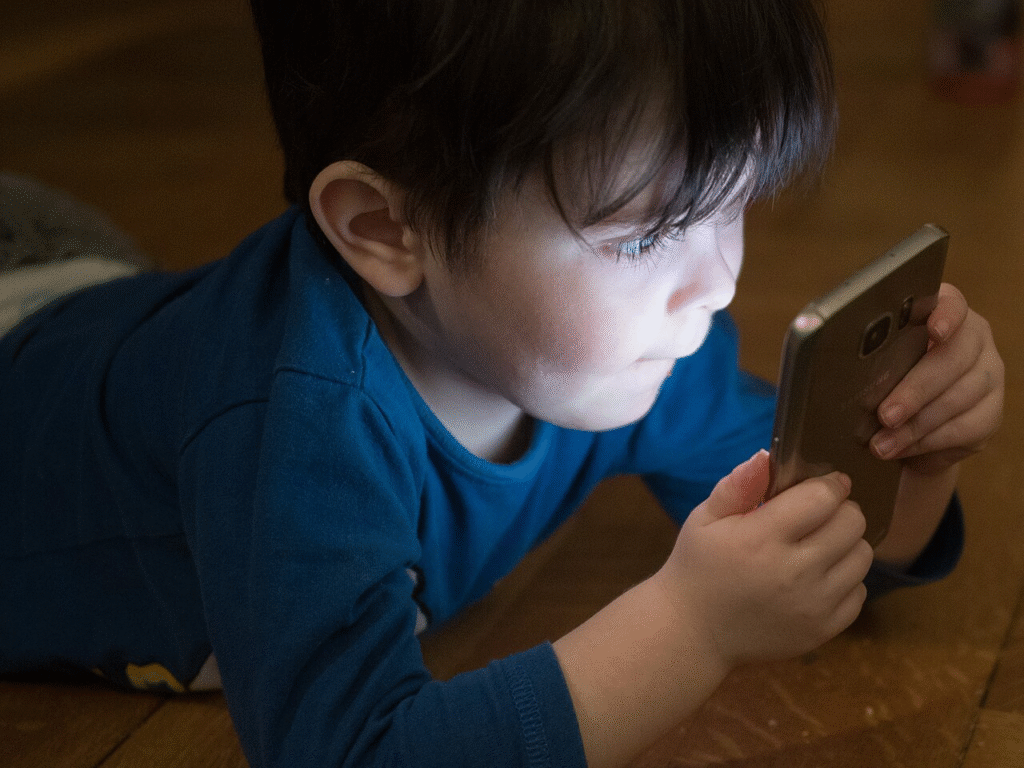
Niccolò Machiavelli once observed that men are quick to forget the death of their father but never the loss of their inheritance.
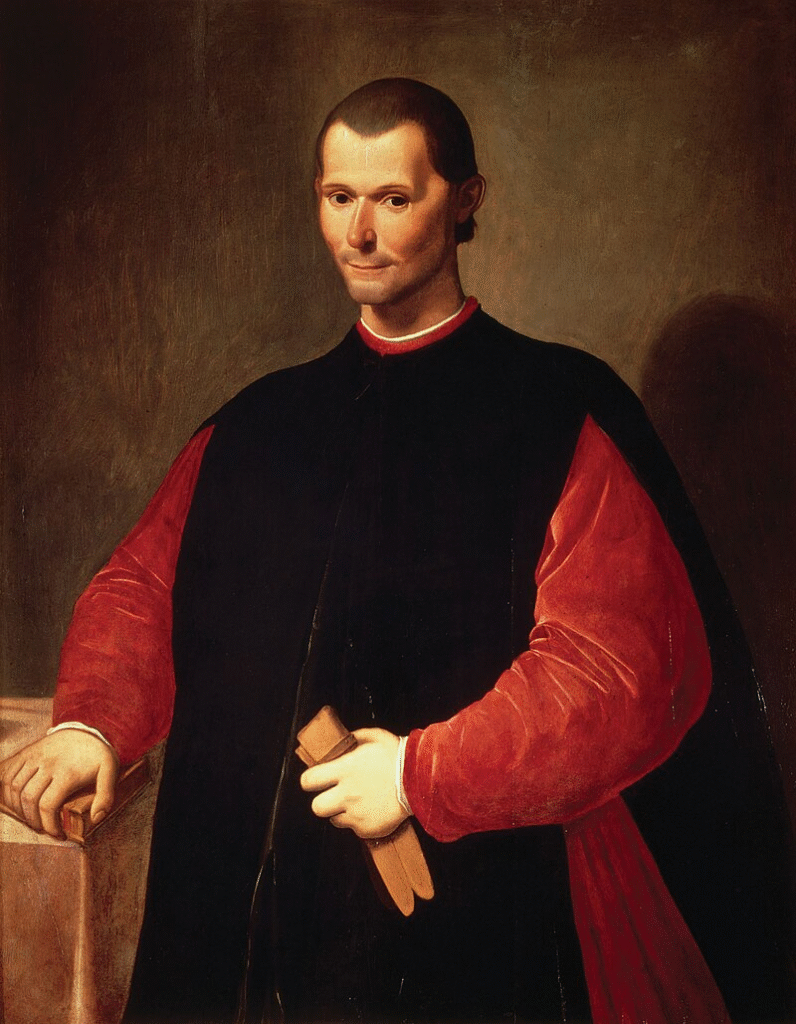
Above: Italian philosopher Niccolò Machiavelli (1469 – 1527)
Sun Tzu would say the cleverest generals win without battle.

Above: Chinese general Sun Tzu (544 – 496 BCE)
Between them stands our modern dilemma:
We live in a world where greed is mistaken for strength, where truth must fight not only armies but algorithms.

And yet — as the Apostle Paul wrote to the Ephesians — we wrestle not against flesh and blood, but against powers and principalities.

Above: Fresco of Apostle Paul (5 – 65) at Ephesus, Selçuk, Türkiye
The battle is not merely political.
It is spiritual.
It is waged within every human heart tempted by indifference, fear, or hate.

If the soundtrack of these times could be heard, it would be the mournful cry of a fado singer.

Above: Fado, José Malhoa (1910)
Or George Harrison’s “While My Guitar Gently Weeps”.

Above: English musician George Harrison (1943 – 2001)
The melody would rise from grief yet contain within it a note of stubborn beauty —
A quiet refusal to surrender compassion.
For it is compassion, not conquest, that redeems us.

I think of Fred Rogers, who said that when the world looks hopeless, one should “look for the helpers”.
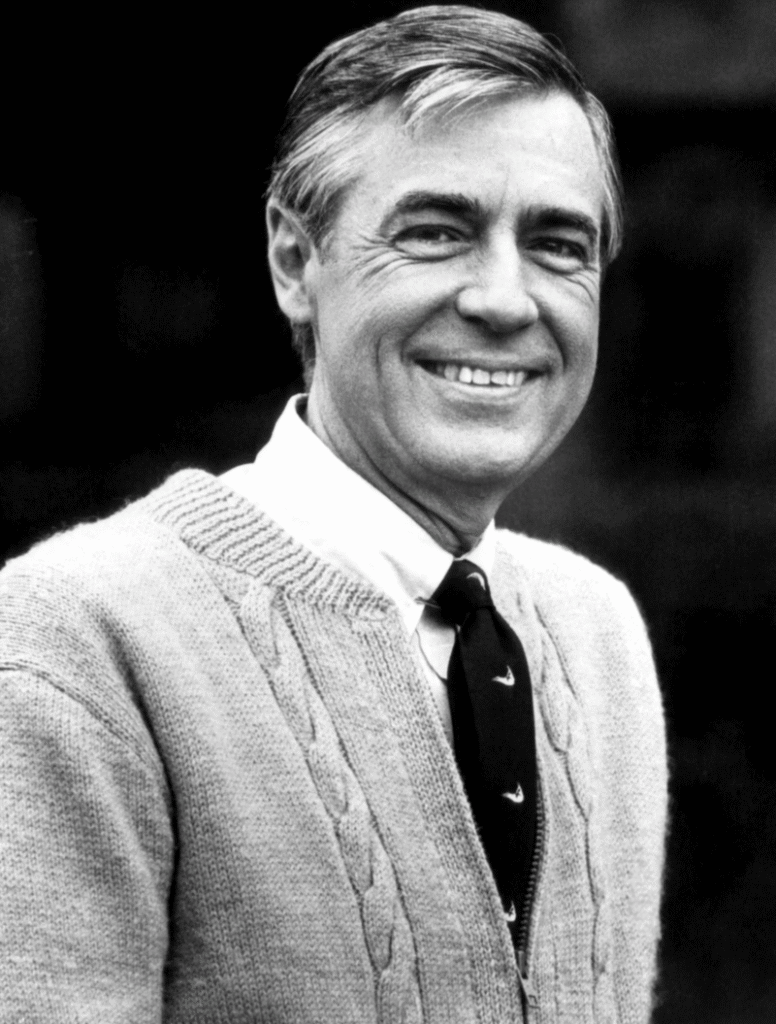
Above: American TV personality Fred Rogers (1928 – 2003)
The helpers are still there —
The quiet ones who comfort, mend, teach, or simply bear witness.
They rarely make headlines, yet they are the counterpoint to despair.

And so, on this Canadian Thanksgiving Sunday, far from my homeland yet mindful of its spirit, I turn my thoughts toward gratitude.
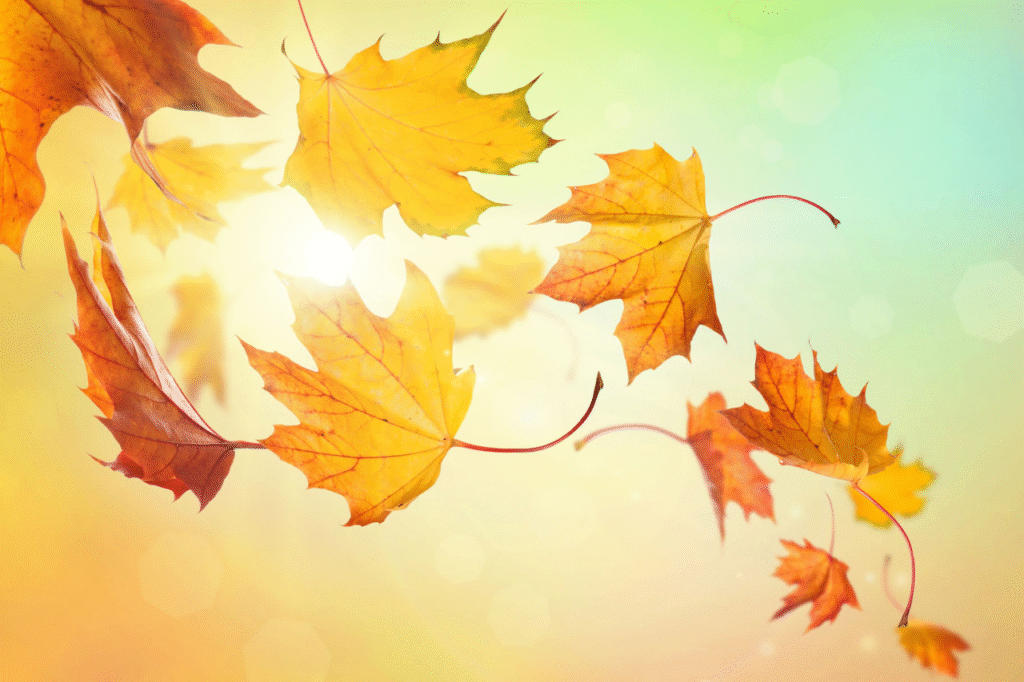
Gratitude not as complacency, but as courage —
The choice to see what remains good when so much seems broken.
To be grateful for conscience, for the ability to still feel sorrow for the world.
For music, for words, for love.
For the belief — however fragile —
That humanity can still learn to harmonize.

In my last world history class, I wrote three sentences on the board:
- Whatever the mind of Man can conceive and believe, it can achieve. (Napoleon Hill)

Above: American author Napoleon Hill (1883 – 1970)
- Never underestimate the power of one person to make a difference in the world. (Margaret Mead)

Above: American cultural anthropologist Margaret Mead (1901 – 1978)
- You don’t really know how much you can do until you stand up and decide to try. (Kevin Kline, Dave)

Idealistic?
Perhaps.
But ideals are the wings that lift us above despair.

The world will always have its princes and powers, its tyrants and timid.

Yet the quiet man who teaches, the child who reads, the stranger who helps —
These too are warriors of a gentler kind.

So today, I give thanks not for what I possess, but for what still possesses me:
Wonder, empathy, the stubborn hope that words may yet awaken hearts.
And somewhere, in the background of this weary world,
the guitar still weeps — but it also sings.
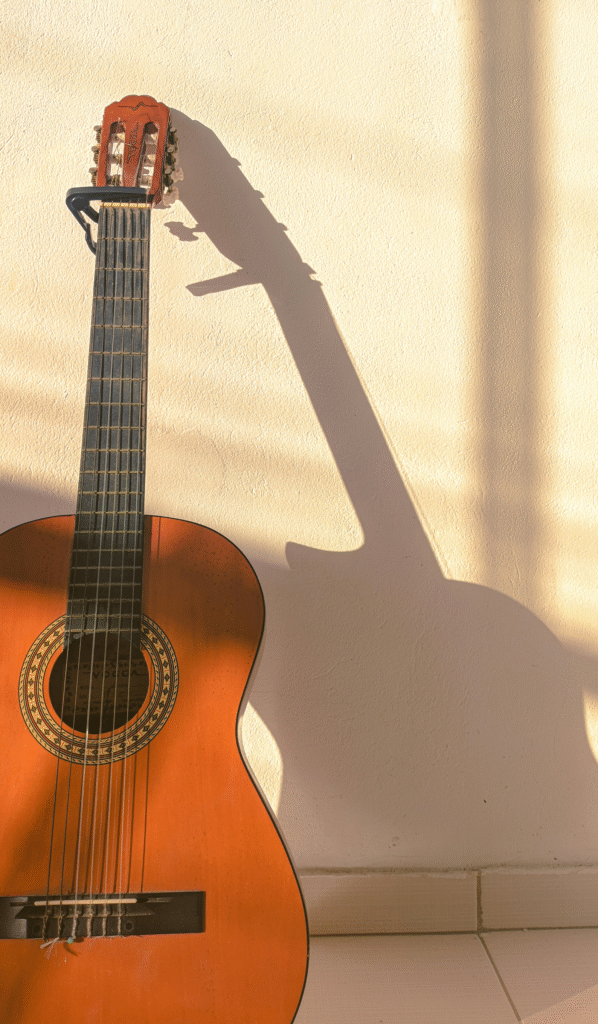
This reflection was written on a quiet Sunday in Ankara — Canadian Thanksgiving — a day that asks us to pause, to count blessings rather than burdens.
Yet gratitude, I find, is not the denial of sorrow but its transformation.
The more one feels the ache of injustice, the more precious compassion becomes.

To write of the world’s weeping is not to yield to despair, but to affirm that the heart still hears its music.
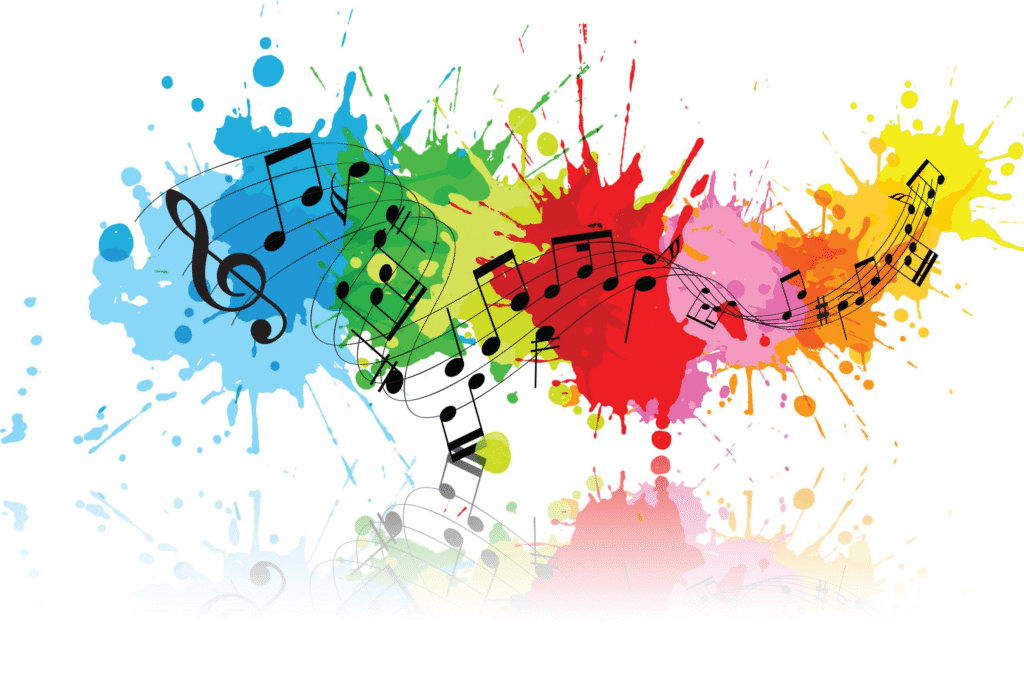
If my words sound mournful, it is because mourning is love’s echo in a world that too easily forgets to listen.
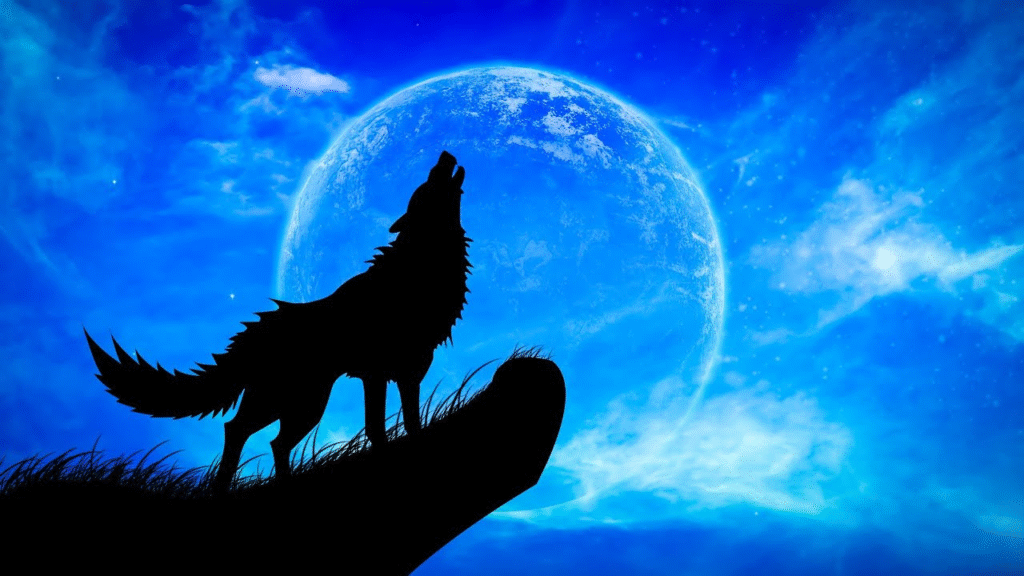
So I offer this piece not as protest, nor sermon, but as a simple act of witness — the attempt of one teacher, one traveller, one Canadian abroad, to say:
I still believe.

I believe in the quiet helpers.
I believe in the gentle warriors.
I believe that even amid ruins, gratitude remains possible.
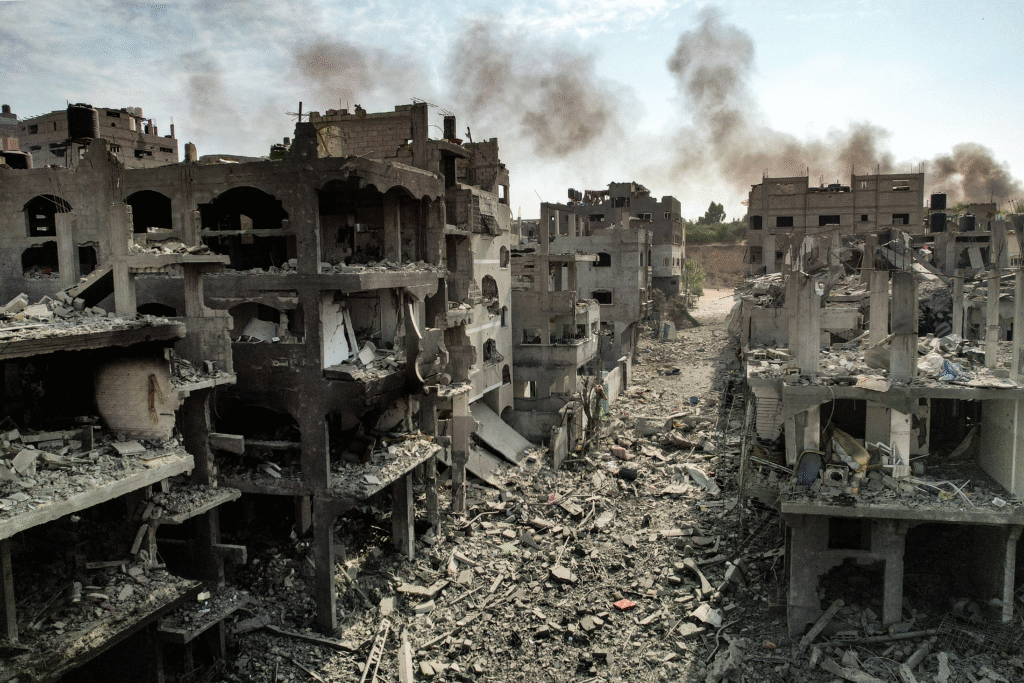
If you hear the guitar’s weeping, let it move you to a quiet act of kindness today —
A word of comfort, a hand offered, a story shared.

Consider how you might, in your own life, be among the helpers Fred Rogers described —
Small gestures, unnoticed, yet rippling outward.

Even the smallest acts of conscience matter:
Write to your representatives.
Support humanitarian initiatives.
Or simply listen deeply to those around you.

May those who read these lines pause, as I have paused, and hear within the world’s lament a note of tenderness —
The sound of a weeping guitar that still dares to sing.

Further reading
On the UN and Global Governance:
- We Did Nothing: Why the Truth Doesn’t Always Come Out When the UN Goes In — Linda Polman
- The UN Security Council: Practice and Promise — Vaughan Lowe
- Alexander Stubb’s 2025 UN General Assembly speech
On Strategy, Power, and Political Realism:
- The Prince — Niccolò Machiavelli
- The Art of War — Sun Tzu
- Manufacturing Consent: The Political Economy of the Mass Media — Noam Chomsky & Edward S. Herman
- Understanding Media: The Extensions of Man — Marshall McLuhan
On Compassion, Ethics, and Everyday Heroism:
- The Good Neighbor: The Life and Work of Fred Rogers — Maxwell King
- The Book of Joy — Dalai Lama & Desmond Tutu
- Man’s Search for Meaning — Viktor E. Frankl
Optional Inspirational Essays / Poetry:
- Fado lyrics or reflections on the music of Amália Rodrigues
- George Harrison’s wise reflections on empathy and spirituality in I, Me, Mine